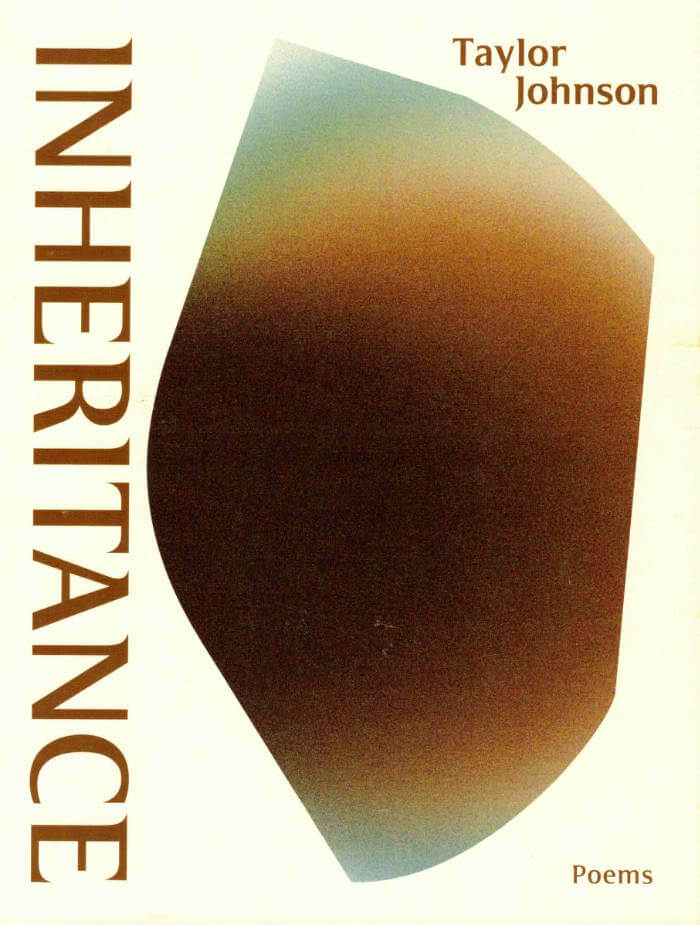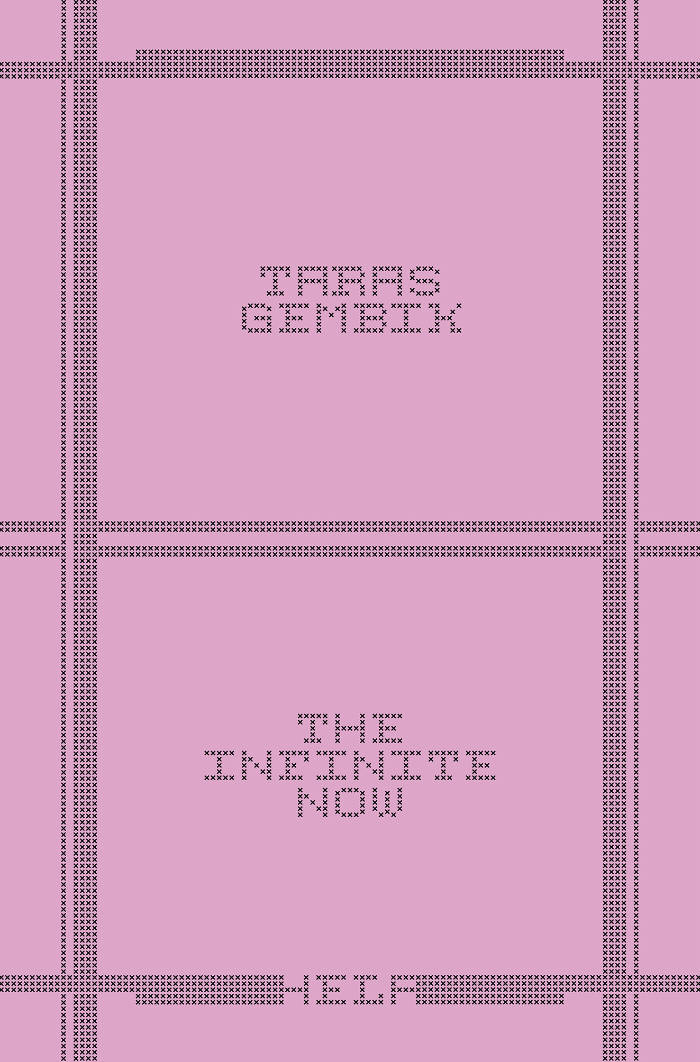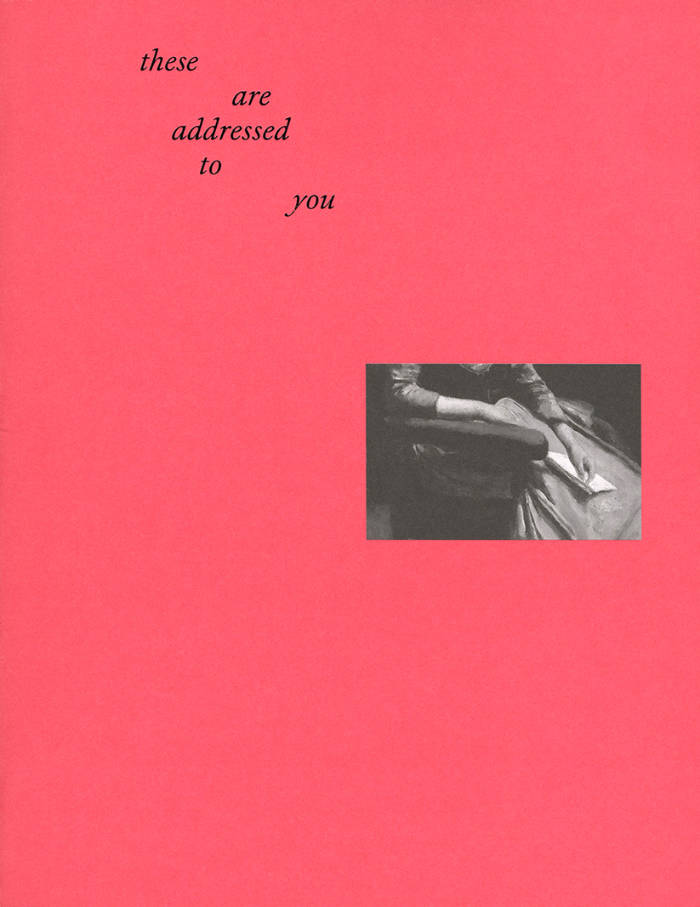
Quiet Fires
Quiet Fires, the debut poetry collection from andriniki mattis, queries the everpresent questions of Black lives. Be it in a bakery in Brixton, London, at a corner on Malcolm X Blvd, Brooklyn, or the pews of Notre Dame, Paris – whether crossing violent borders on land or in gender, we know how it is to be in a familiar place that feels foreign.
As we follow along on bike rides over the Manhattan Bridge or sit alongside queer lovers in Bushwick, mattis reflects on the profound impact of pandemics, indifference, and heartbreak. In these lyrical and intimate poems that interrogate white spaces on the page and in the world with evocative metaphors, we wonder: “is there ever a party if you're always working this skin”— where can we feel safe and loved? In a world of climate change and the constant “twilight of violence”, be it gun violence or the expectations of capitalism, quiet fires erupt in these errant everyday moments. Centered around the experience of the Black queer, trans body, andriniki gabriel mattis uncovers the complexities of identity and the quest for self-discovery.
Language: English





